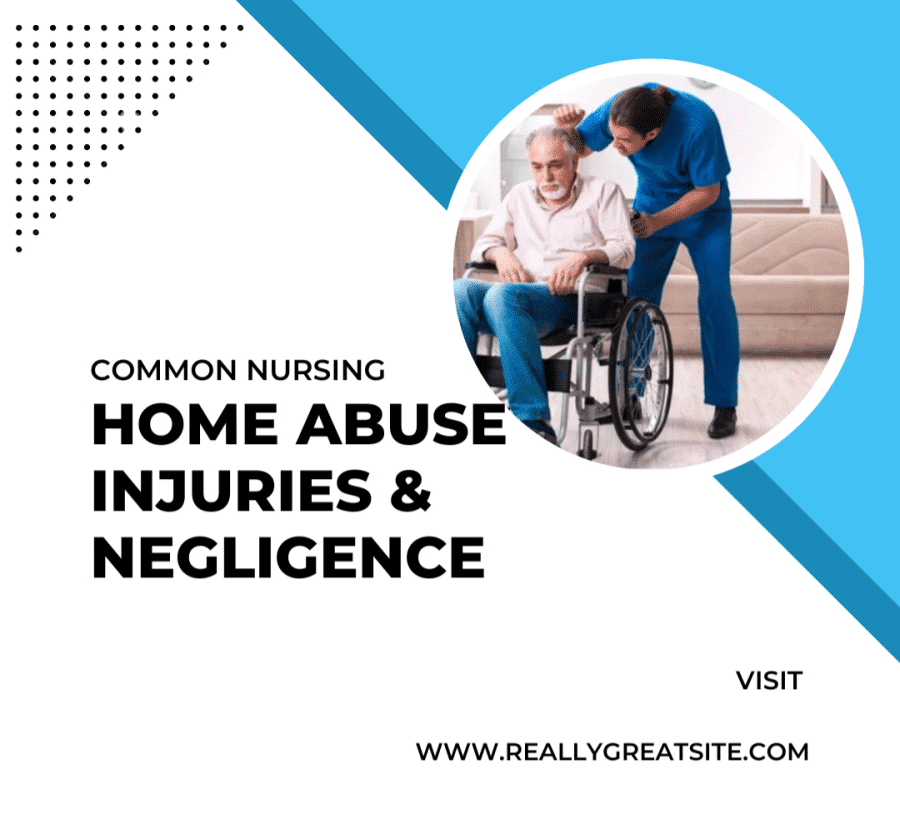Sexual abuse cases continue to emerge at an alarming rate in institutions such as schools, churches, nursing homes, and hospitals. These acts result in deep psychological wounds that take a lifetime to heal. Victims of sexual assault in nursing homes often feel helpless and are unable to pursue justice. However, they can consult with a nursing home abuse attorney and take the legal route to hold the perpetrators accountable.
Civil Suits for Damages
One way that victims can seek justice against nursing homes is by filing a civil lawsuit. Most institutions have insurance policies covering them from such claims. A civil suit seeks damages, which will compensate the victim for past and future medical expenses and emotional distress caused by the sexual assault. Victims can rely on evidence gathered during their criminal case, although most victims find this process grueling because it requires them to testify about their trauma repeatedly.
Criminal Prosecution
In cases of sexual assault occurring within nursing homes, survivors have the option to pursue criminal prosecution as legal recourse. This involves witnesses providing sworn testimonies regarding the facts uncovered during investigations into these claims. Such trials take place in courtrooms across the United States on a daily basis, addressing sexual crimes committed within various institutions, including nursing, religious, educational, and social organizations. This approach offers victims a sense of validation, as their voices are acknowledged, taken seriously, and believed. It also ensures that consequences, such as incarceration or probation, are imposed on the perpetrators, thereby potentially aiding in the healing journey of the survivors. Additionally, following a conviction, offenders may be required to pay restitution fees, which can contribute to the recovery process for the survivors.
Reporting - Mandated Reporting Laws
Victims are empowered to report incidents to legally mandated entities within the institution, including criminal prosecution agencies such as local police departments. This reporting option extends to all forms of abuse, ensuring that individuals who come forward about any unlawful activities are not required to maintain anonymity, as doing so may deter many from reporting. Many states have implemented measures to safeguard whistleblowers from retaliation, creating an environment that encourages reporting by offering robust protections. These provisions prioritize anonymity, motivating individuals to share their experiences without fear of victimization or legal repercussions. In addition to formal reporting channels, professionals often provide informal support to abuse survivors, offering emotional assistance and sharing information about available legal avenues and specialized organizations dedicated to addressing such cases.
Title IX Protections
Another legal avenue through which sexual assault victims may seek justice is by reference to Title IX. This provision in the law makes it illegal for educational and nursing home institutions to have practices, policies, and procedures that do not target protection against sexual harassment or gender violence. It will be convenient because it will protect individuals’ rights even if they decide not to bring suits against the perpetrators while still providing relief to them. Additionally, Title IX would offer support systems within schools or universities, mitigating the isolation and hostility faced by many victims who traditionally avoid reporting their experiences.
Statute of Limitations
When it comes to filing a lawsuit for damages brought on by sexual abuse in nursing homes, victims are usually limited by a period within which they must file such claims. Statutes of limitations place a limit on any established window for allocation specifically aimed at strengthening fair litigation. Nevertheless, it is crucial for victims to exercise their right to report promptly, as delays in doing so can potentially undermine the strength of the prosecution. Therefore, it is important for victims to take action and avail themselves of this right without unnecessary delay, regardless of any time that may have passed.
Conclusion
Nursing homes should implement proactive measures to prevent violations, recognizing that a reactive response after harm has occurred makes little difference. Survivors of sexual harassment need to be aware of the legal avenues available to them for seeking justice and recovery, going beyond traditional criminal prosecution. While progress has been made, there is still a need for comprehensive changes, including procedural shifts to promote prevention in nursing homes, government initiatives advocating for free counseling services without fear of retaliation, and clear messaging through billboards, public advertising, and social media campaigns to counter the victim mentality narrative and effectively combat abusive culture.


